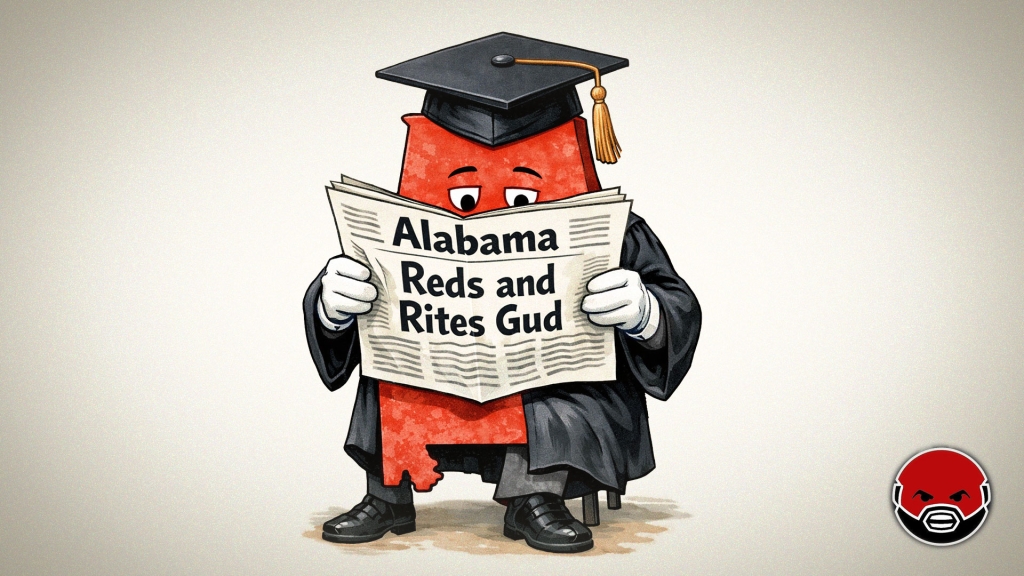Listen to the 10 min audio
Read the transcript:
EXAMINING CHRISTIAN LIBERTY
TOM LAMPRECHT: Harry, I want to take you to an article written recently by Sinclair Ferguson entitled “Four Principles for the Exercise of Christian Liberty.”
— Christian liberty must never be flaunted.
— Christian liberty does not mean that you welcome fellow Christians only when you have sorted out their views.
— Christian liberty ought never be used in such a way that you become a stumbling block to another Christian.
— Christian liberty requires grasping the principle that will produce this true Biblical balance. We ought to not please ourselves, for even Christ did not please Himself.
DR. REEDER: Tom, as you think about Christian liberty — and I’m very grateful to Sinclair Ferguson for producing this — it is an issue that needs to be thought through. Christian liberty is a doctrine that says no to legalism, and that is the traditions of men and the notion that law-keeping is what saves us, that law-keeping keeps us safe or that law-keeping positions us so that God can save us.
The fact is, Christian liberty says that we’re saved by grace alone through faith alone in Christ alone. However, that does not mean that Christian liberty gives us an insensitivity to sin; on the contrary, it gives us the right motivation to deal with sin. We deal with sin because of its sinfulness. We deal with sin because of its destructiveness and we want to kill it in our life and we want to see it being eradicated all around us because we love our neighbor.
ALL CREATED THINGS ARE AMORAL, IT’S HOW WE USE THEM THAT LEADS TO SIN
But how is it that I am to live my Christian liberty? Paul says that all things are lawful. Now, clearly, he is not speaking to anything against the law that the law forbids as lawful and, by definition, would not be lawful, but things are lawful — things are amoral.
A tobacco plant is not evil, a grape is not evil from which you make an alcoholic beverage, a meal is not evil in and of itself. Food is not evil and drink is not evil. Therefore, all things are lawful but then he says not the use of all things is lawful. We can use things unlawfully when we begin to fall into self-absorption and self-promotion with things and when we begin to make an idol of the things, even those things that are good and blessed.
For instance, it is good to enjoy food, it is good to enjoy a meal, it is good to enjoy a drink because, by doing so, we enjoy the one who has provided it. However, if we take those good things and we put them in place of the Lord and they become the focus of our life, now they’ve become idols in our lives.
NOT ALL THINGS ARE BENEFICIAL TO ALL PEOPLE
Therefore, while all things are lawful, not all things are beneficial, not all things are edifying, not all things are good. Some things are destructive in our life if they become idolatry and some things can be destructive in other people’s lives if we don’t thoughtfully love those people around us. That’s why Paul says, “If food or drink makes my brother stumble” — and he was referring to eating those things that had been sacrificed to idols. His point is that there is no such thing as an idol and, you sacrifice that animal to an idol, it’s okay for me to eat the steak because there’s no idol and all of that was a fabrication anyway but, if people stumble because I eat that which had been sacrificed to an idol, I just won’t eat the meat because the kingdom of God is not eating and drinking. I’m willing to give that up for the sake of others.
That’s why, when they sent out the decree from the first general assembly of the church in Acts 15, they said, “There are Jews everywhere you’re going so it might be a good idea, for the sake of evangelism, not to eat things that are in violation of the ceremonial law. By doing so, it may cut off your opportunity to communicate but, by not doing so, you may be able to minister to them.”
The apostle Paul, when he has someone like Timothy who needs to be circumcised and he sees why because he’s got a parent who’s Jewish. Titus, his parents are Jewish, so he will not let them touch him for circumcision — there is no reason to claim it. Even though he knows circumcision is fulfilled and done away with, in that generational change, where all of that’s being worked out, he can argue for a proper understanding of circumcision fulfilled in Christ.
SOME THINGS CAN LEAD TO SIN DUE TO OUR OWN TEMPERAMENT
Therefore, we’re constantly dealing with it so here’s the things that I consider and I’ll just build on what Sinclair Ferguson has said. There may be something that’s lawful for me to do, but it’s not helpful for me to do.
There are some things in my life — I’ve mentioned this before — such as I am an intense person with an addictive and obsessing personality and alcohol is something that I enjoyed to an extraordinary sinful capacity prior to my conversion. Therefore, when I was converted, I just decided, because of my problems with the third and the fourth drink, I wasn’t going to have the second drink and the best way for me not to have the second drink is not to have the first drink so, if I’m out with people, you’ll see a club soda with a lime in my hand.
SELF-KNOWLEDGE IS KEY
Therefore, I don’t have to make a big deal out of it, but I don’t have to participate and one of my reasons is there are just certain things I need to flee — cut off right hands and pluck out right eyes. There are certain things that I know in my life I can’t handle so I am at liberty — Christian liberty — not to participate. Christian liberty doesn’t demand my participation in everything; it says I have the power to participate to the glory of God. I also have the power to say no for the glory of God so I can eat and drink to the glory of God, but there may be some things I decide not to eat and drink so that I can maintain my course to live for the glory of God.
TOM LAMPRECHT: It’s interesting to see on Facebook and other social media how evangelical Christians will post a picture of a beer they’re consuming at some bar, in a sense, flaunting Christian liberty.
DR. REEDER: My problem is not so much that they had the beer, but there was no thought to the people — the weaker brother — who may be having a problem with that. I not only have the liberty to give up things for my own personal progress in the Gospel, as well as the liberty to use things for the glory of God, but I also have the liberty to set things aside that would cause my brother to stumble.
ABSTAINING FROM FOOD AND DRINK CAN BE DONE FOR OTHERS’ SAKE, TOO
There have been many things in my life I have the freedom to do, I have the right to do and I have the liberty to do but I also have the liberty not to do because I know my brother would stumble and it’s more important to me to minister to my brother. Not having to defend what I’ve done — I’ve already given that up — but I can strengthen my brother so he’s no longer a weaker brother, by not first making him stumble.
That’s why Paul says, “If meat causes my brother to stumble, well, I’ll never eat meat again. I don’t need to eat meat.” The apostle Paul was more concerned about the brother than his right and, therefore, his Christian liberty became something he gave up for the edification of a weaker brother.
Maybe they’ll say to you, “Hey, why do you drink that beer? I thought you were a Christian.” Then you can explain to them, “Well, it’s not eating or drinking that makes you a Christian and a Christian can drink in moderation.” For me, that’s gotten me off. I want to talk with people about their relationship with the Lord Who delivers them from their sin.
I don’t want the whole discussion to be, “Come to Jesus so that you can do this, or that or the other,” but I want them to know to come to Jesus because of the relationship they can have with Jesus, Who cleanses you from your sin, who empowers you to walk in and for Jesus Christ. And, to get sidetracked, “If you come to Jesus, you can do this,” instead, let’s talk about, when you come to Jesus, what He will do in you.
TEMPERANCE AND MODERATION ARE HALLMARKS OF CHRISTIAN LIFE
The Christian life is one that is noted for temperance and moderation in all things. Now, there are some things I may want to abstain from for personal edification, for the sake of evangelism, or for the sake of not causing my weaker brother to stumble and I’m at liberty to do that. I’m also at liberty to have periods of feasting in my life and so I can embrace the feasting in my life as well as the fasting in my life.
However, the rule of my life in Christian liberty is not to be noted for anything other than Jesus. I want to be known as a person of moderation, a person of temperance, and that is the fruit of the Spirit, which is love, joy, peace, patience, kindness, goodness, faithfulness, gentleness and self-control. That tells you, where the Spirit of God is, there is not the reputation of excess or the reputation of abstention, although there may be a time to feast and a time to abstain. The reputation is, “There is a man of moderation. The only thing that consumes him is Jesus.”
Dr. Harry L. Reeder III is the Senior Pastor of Briarwood Presbyterian Church in Birmingham.
This podcast was transcribed by Jessica Havin, editorial assistant for Yellowhammer News, who has transcribed some of the top podcasts in the country and whose work has been featured in a New York Times Bestseller.
Podcast: Play in new window | Download
Subscribe: RSS













